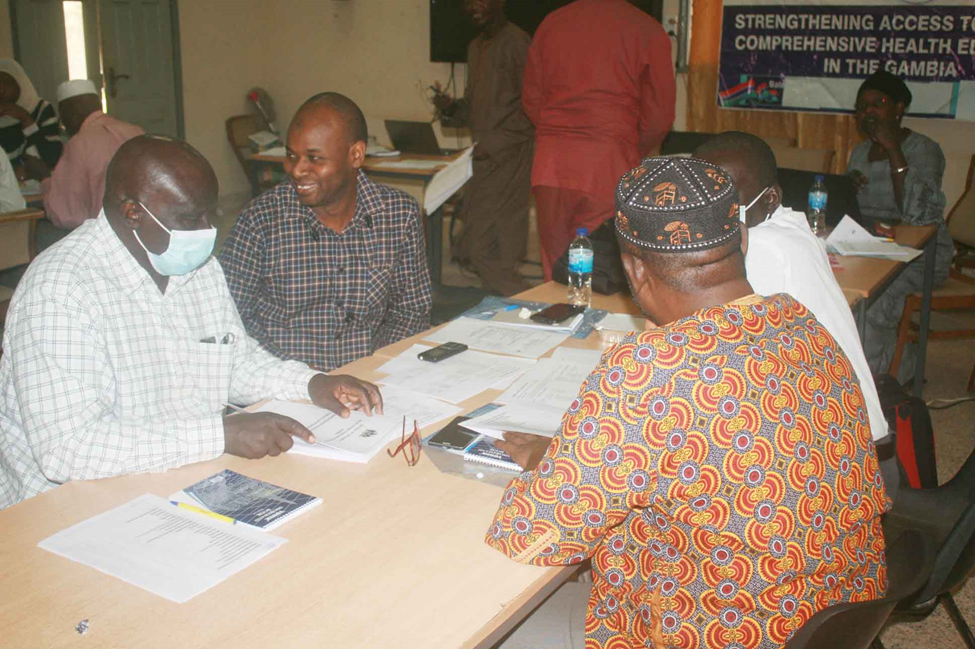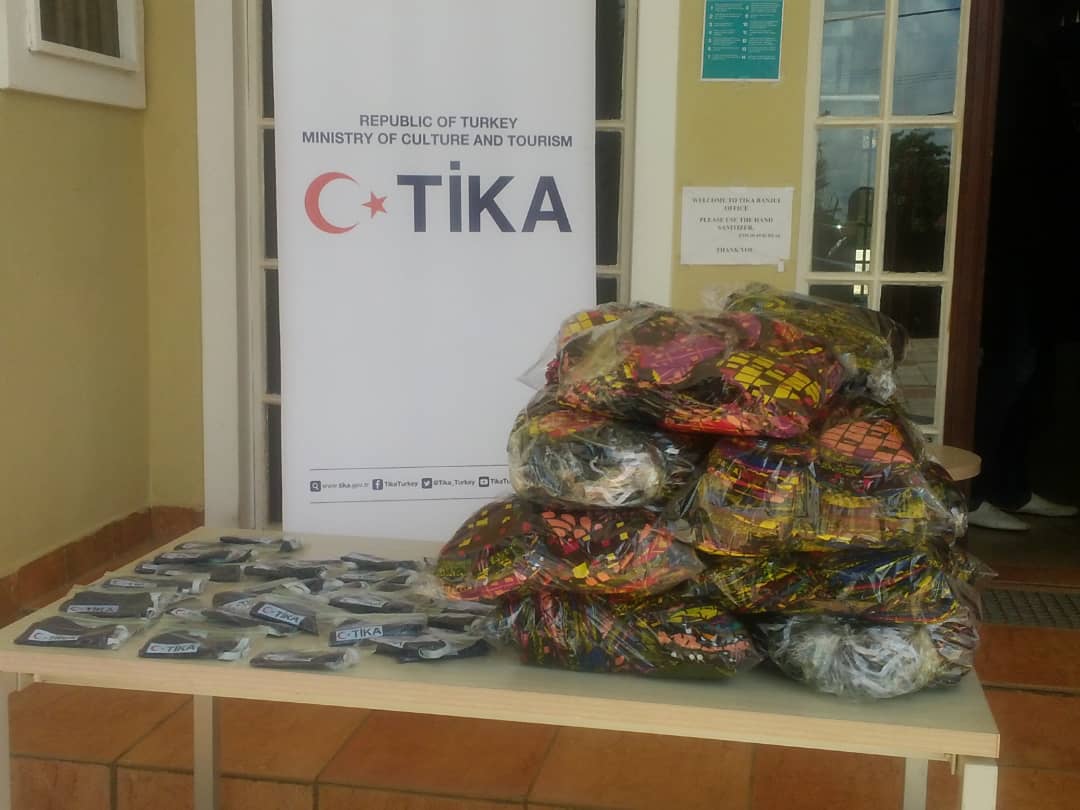By Yunus S Saliu
Comprehensive Health Education (CHE) in collaboration with Curriculum Research Evaluation and Development Directorate (CREDD) under Ministry of Basic Senior Education (MoBSE) Wednesday completed a two-day auditing of Curricula Framework exercise meant for the inclusion of Comprehensive Health Education (CHE) topics in some of the career subjects.
This exercise is in line with efforts of Strengthening Access to Quality Comprehensive Health Education in The Gambia, an implementation research project done by Ministry of Basic and Secondary Education with funding from International Development Research Center (IDRC), Canada.
The well participated exercise brought together scores of stakeholders to identify some potential CHE topics that are not found in the career subjects but stand the chance and opportunity to infuse direct or indirect among some identified career subjects.
Career subjects reviewed at the two days course for possible inclusion of the potential CHE topics included Biology; Home Science; English Language; Mathematics; Social Studies; Health Science and (General) Science.
Director of Curriculum Research Evaluation and Development Directorate (CREDD) under Ministry of Basic Senior Education (MoBSE), Momodou Jeng described Comprehensive Health Education as an important issue that can be inculcate into the school curriculum processes.
According to him curriculum process is beyond materials presented noting that the auditing was done on Comprehensive Health Education and existing curriculum materials.
“We want to first audit the materials to see CHE messages that are contain in this materials such as the frameworks, the syllabi of various learning areas. Because if we are able to audit this materials and see how much contents of CHE related are contain in this materials then we will have a good beginning of looking at other avenues that we want to use to spread the issues of sexuality related messages such as STIs related messages, reproductive health messages through the curriculum processes,” he explained.
Hence Comprehensive Health Education cannot be a standalone subject he disclosed that cross curricular competence approach will be used to teach students at schools. Explaining “it cannot be a standalone subject because if we want to do that it will require a lot of other logistics which will include teachers, times allocation, materials for the subject and there are challenging things, as a country and sector, that we have to address coupled with time limitation.”
Mr Jeng thanked all the selected officials for the exercise while re-echoed the objective of the curriculum auditing exercise saying it is meant “to identify the Comprehensive Health Education content gaps in the existing curriculum framework but with opportunity to infuse as direct and indirect topics,” in the career subjects.
Fatou Dally Bittaye acknowledged the commitment of the stakeholders who have come from different institutions for the exercise such as CPA, CREDD, MoH, Gambia College, and UTG among others.
The Principal Investigator for Strengthening Access to Quality Comprehensive Health Education for in-and-out of School Adolescents in The Gambia, Phebian Ina Grant-Sagnia, gave a summary information about the conducted research.
She discloses that the research shown a lot of interesting findings in term of health education, sexual education and identified communication as one of the gaps causing barrier between parents, teachers and students.
Also, she said body and development for the female – issues of ovulation and menstruation management, as well “some adolescents doesn’t know anything about that and other issues like unwanted pregnancy, abortion, and more.”




